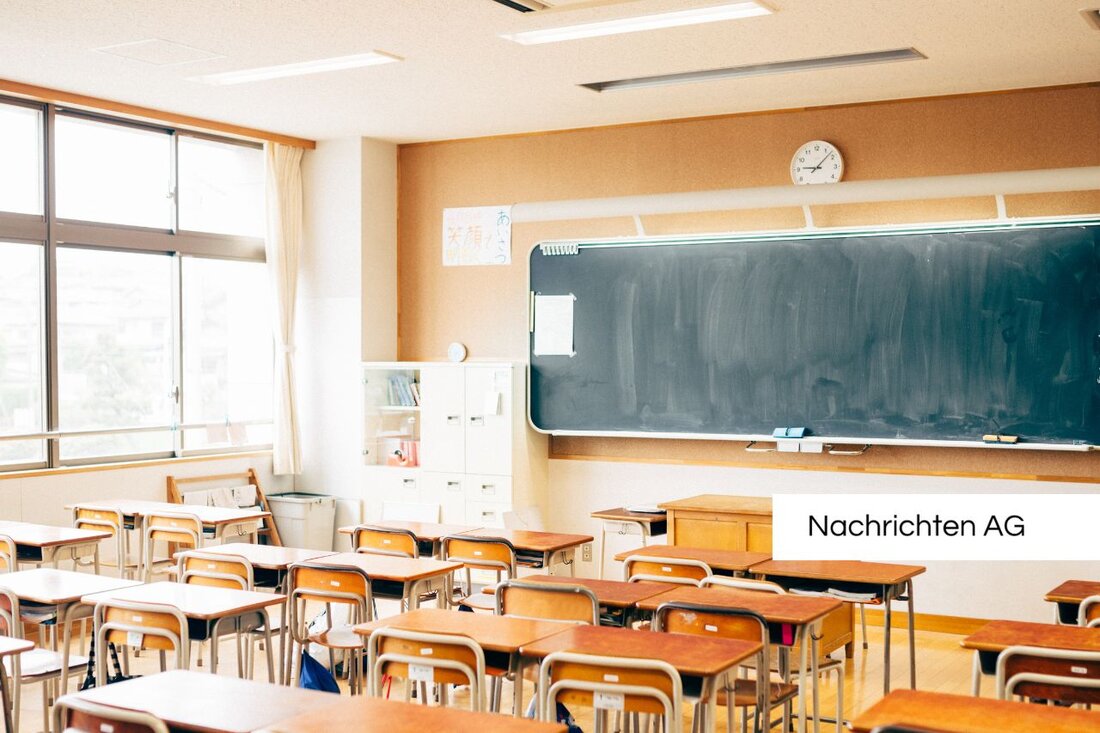Dobrindt ensures heated debate: Migration policy splits Germany!
Dobrindt ensures heated debate: Migration policy splits Germany!
Vienna, Österreich - in the ARD talk show "Maischberger", Alexander Dobrindt, the Federal Minister of the Interior and CSU politician, commented on current migration policy in Germany. Dobrindt pointed out the "overwhelming in Germany", which results from the existing migration situation. He put special focus on the challenges in daycare centers, schools as well as language and integration courses, as well as in the area of the housing market. His statements followed both violent criticism in social media, which in question, as well as supporting comments as a minister, which saw his evaluations as a necessary clarification of the situation. In Dobrindt's statements, many spectators recognized a result of the inadequate measures of other EU countries that tighten the problems in Germany.
The border dismissals practiced by Dobrindt are controversial. This practice has already been challenged in court. The Berlin Administrative Court decided that the dismissal of Somali refugees at the border was illegal because the responsibility for asylum applications was not clearly regulated. Nevertheless, the federal government states in this practice, which continues to polarize the debate about migration in Germany and has profound effects on the legal framework and the lives of many people.
shoulder closure with Poland
In a further step, Dobrindt is looking for the shoulder with Poland to work together on solutions for migration issues. According to a report by Spiegel in Germany, but also in other European countries. A common procedure could exert more pressure on EU-wide reforms on migration policy.
The integration of migrants who make up a large part of the migrant situation in Germany is a central topic in the discussion. According to the Federal Office for Migration and Refugees there are many challenges that have to be mastered. In 2021, around 3.2 million third -country women who represent a heterogeneous group lived in Germany, in particular with regard to their educational qualifications and the employment rate. This is a significant difference to men whose employment rate is about 67 %.
challenges in integration
The participation gap, which affects third -country women, often results from high recognition requirements of their qualifications and lack of childcare opportunities. These factors also affect their participation in integration and language courses. Therefore, integration policy in Germany has focused on the resources and skills of migrants to increase the participation in employment. Programs such as "strong in work" should help to make integration easier in the labor market and to improve access to opportunities.
In summary, it should be noted that the discussion about migration policy in Germany is complex and has both political and social dimensions. Dobrindt's statements and the search for European solutions underline the urgency to tackle these challenges and find sustainable solutions.| Details | |
|---|---|
| Ort | Vienna, Österreich |
| Quellen | |


Kommentare (0)